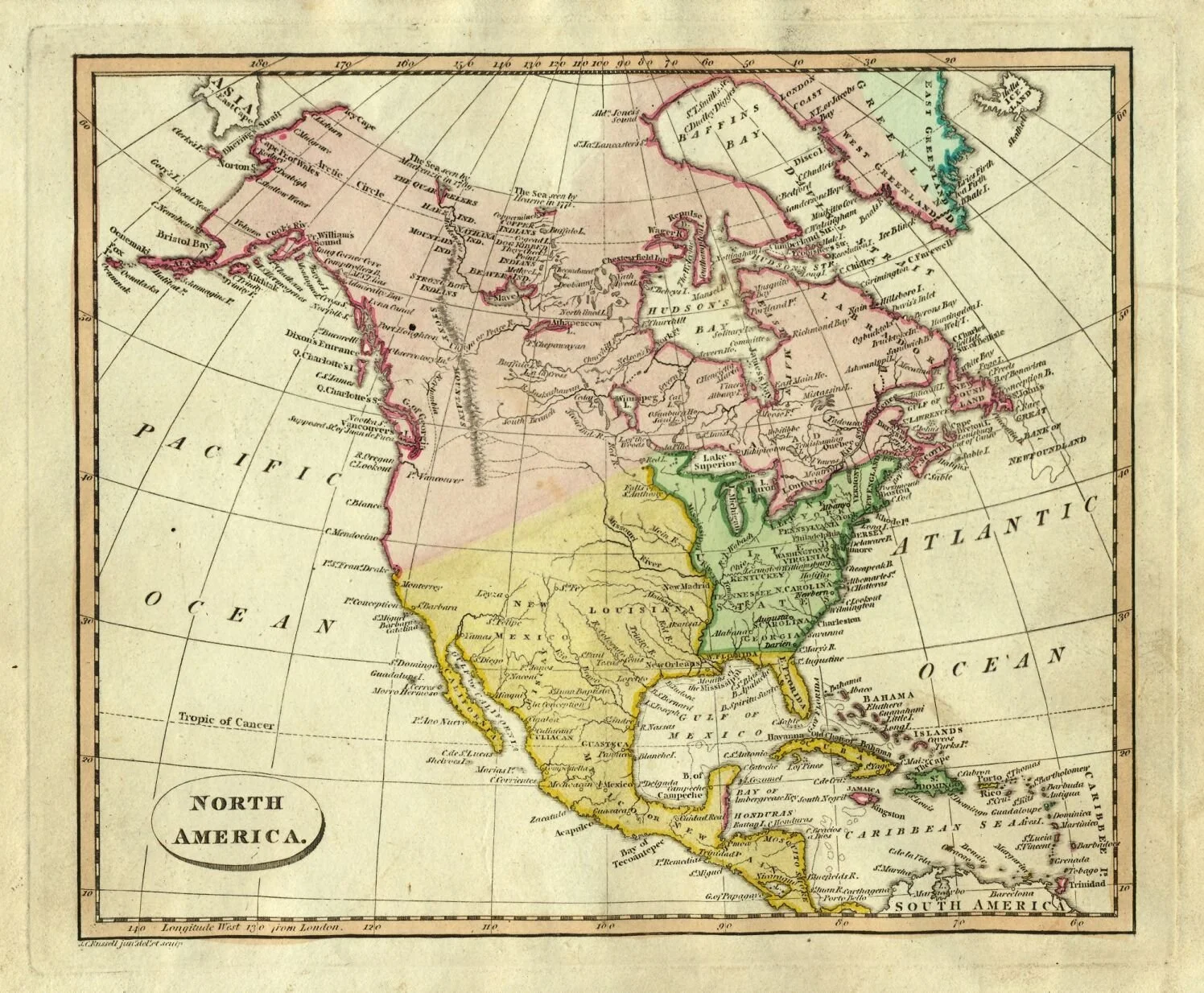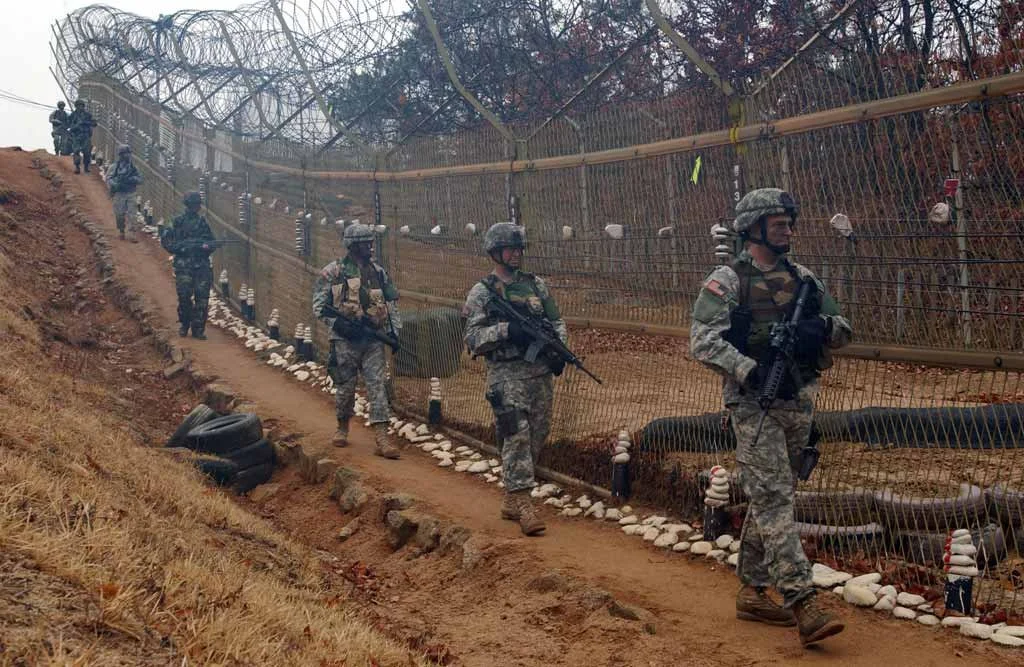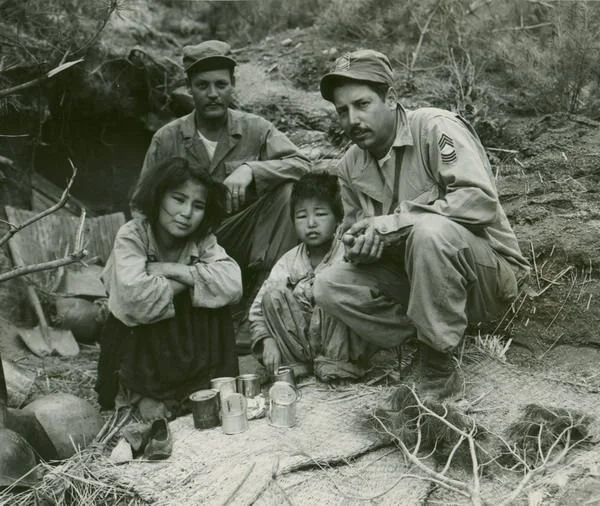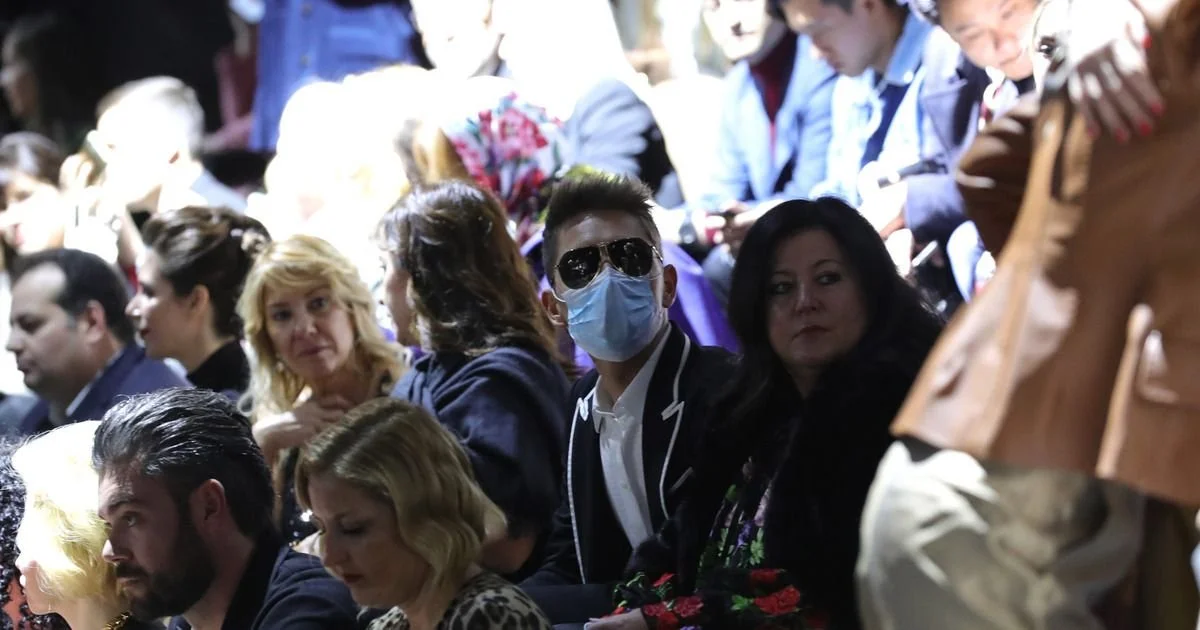A selection of my published work, including pieces on gentrification, adoption, policing, and popular resistance.
3 Philly Organizers Building “Community Refuge”
-
The real, everyday resistance of activists, organizers, and changemakers is only continuing—and intensifying.
Organizers Speak on People Power Behind Saving Chinatown
-
Solidarities reinforced by the successful anti-arena fight may prove crucial during the political tumult expected in the coming years.
Activist Debbie Wei on Love for Community
-
“‘When the arena fight is over, I will keep fighting. The sheer attack on basic human dignity is all over the globe,’ Debbie says.”
Baby Heists
-
The Korean during the war was an approximation of meat, a thing to be fried and cooked, while the wartime Afghan was the approximation of Terror made flesh. Through adoption, the empire ponders: What if their children could, instead, become an approximation of us?
Imperial Reproduction
-
We are the border, the balance of payments, the war. We are a sphere of influence made flesh.
Lack of Housing is Not the Problem
-
“The goal is to decommodify housing because money shouldn’t determine whether you have a dignified home.”
But the Empire Made Us
-
The border is not the wall; it is what the state is allowed to do to those who cross it.
We Owe the Empire Nothing
-
In adoption there is family and rejection, gratitude and pain, but behind all that lurks the dull sheen of coltan and napalm’s gleaming clouds, the machinery of power and empire and war.
The Future, Prewritten? Popular Vision and the Fight Against Displacement
-
An immediate effect of tech’s self-serving mythology—what a banner at an area protest called the “tech-savior industrial complex”—is to close opportunities for resistance. If tech’s ascendance is predetermined, even demands for dignified housing for people dying in the streets seem futile in comparison.
Why Police Body Cameras Haven’t Stopped Police Brutality
-
Why have they proven so ineffective in stopping police violence? And why were they the one reform that received support from everyone, from politicians to grieving families to police officers themselves?
What is Gentrification?
-
Instead of masses of workers assembling cars, we have smaller numbers of higher paid “skilled workers” sitting in offices to code, invest, or teach. These workers are paid enough to gentrify neighborhoods, and cities compete to attract them.
The Revolutionary Power of Abolitionist Demands
-
Just as the Occupy movement called not upon the president but upon us to occupy everything, it is we who must enact the abolition. What appears a request for redress is in fact a call to arms.
Learning to Swim in the Bay: Displacement as Sea Change
-
Given seismic shifts in the nature of production and the composition of the cities, it is not unreasonable to expect that future convulsions might not be so legible to those who have only buried their noses in tales of revolutions past. We are building the road to the new world, even if the old gods can no longer light the way.
Blamed for Dystopia: The Servant Economy and Its Plague Rats
-
They don’t hate us because they think we’re sick. They hate us because their racist caricatures of us line up with everything wrong with the neoliberal dystopia we live in.
Know Your Enemy: Counterrevolution in a Time of Coronavirus
-
We must think of victory not on the scale of blocks and intersections at mobilizations but cities and regions over the course of decades.
Tech, Class, Resistance: A Geography of Struggle
-
Logistical strikes on tech shuttle buses, Black Lives Matter blockades on the cities’ highways and community efforts to decommodify housing through land trusts may prove to be premonitions of fruitful tactics yet to come.















